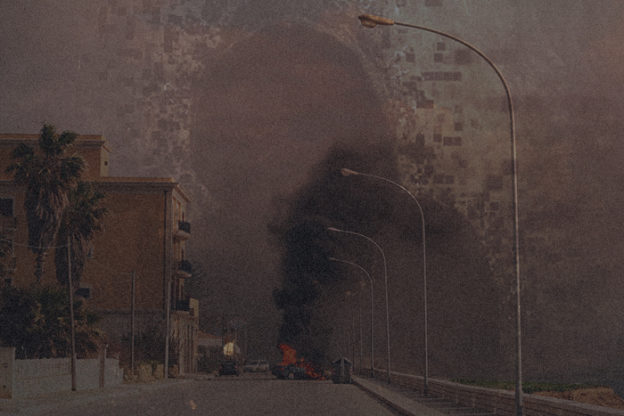Blog
Highlights from Exclusive Interview with Senior Yemeni Official
The U.S. Navy’s seizure, announced last week, of an alleged Iranian weapons shipment en route to Houthi rebels in Yemen has once again highlighted how Iran is backing the Houthis against its regional adversaries in the Kingdom of Saudi Arabia and the United Arab Emirates.

By Evan Kohlmann
The U.S. Navy’s seizure, announced last week, of an alleged Iranian weapons shipment en route to Houthi rebels in Yemen has once again highlighted how Iran is backing the Houthis against its regional adversaries in the Kingdom of Saudi Arabia and the United Arab Emirates.
However, Hisham Sharaf, foreign minister of the Houthi-led government in Yemen, countered recently: “We are not pro-Iran. We may use Iran to help us defend ourselves, but we are not loyal to Iran.”
Sharaf’s comment was part of a wide-ranging and exclusive interview with Flashpoint, during which he commented further on the September attacks against Aramco, one of the world’s largest and busiest oil facilities, and issued a warning to Saudi Arabia about continued strikes in Yemen, denied targeting the energy sector, and sent a message to the UAE about their involvement in the conflict.
Despite the Houthi rebels’ role as opponents in the Yemen conflict, Sharaf nonetheless hailed the UAE for “building a lot of development projects in this country… we are not their enemies. In fact, we have nothing against the Emiratis until they got into this war. They are our brothers, even more than the Saudis.”
And though the Houthi regime has proudly claimed responsibility for downing U.S. drone aircraft over Yemen, Sharaf further insisted that “we consider America as a friend, the people of America, not the [Trump] administration.”
Sharaf also sharply backed away from any kind of declaration of war on the petroleum industry in the Middle East:
“We are against anything that might disturb these type of business, tankers passing by the Red Sea or Bar al-Mandab Strait at all. This is not part of our policies. If it was, then at the beginning of the war we could have hit tankers and closed that strait, and then no one could move,” Sharaf said. “No, we are against that. The idea of hitting some of the Saudis’ installations was to let them know that as much as they hit as hard and kill our people and destroy our infrastructure, we can hit their economy centers and their wealth… We are trying to send messages, it is not a trend or a policy at all.”
Nonetheless, pointing to the missile attack on the Aramco facility in Buqayq, Saudi Arabia, Sharaf went on to threaten, “when they say it was Iranian weapons, we have the right to use any weapons in the world to defend ourselves or to send messages to stop this war… It will come to a point—and this might happen soon—that enough is enough, and we will hit back and strike harder than before. And this time, it will not just be the economic targets, no, it will go to their sovereign targets…their palaces. We are serious in this. We know where their palaces are. Their big palaces…where the leaders, not the citizens… the elites, those who are making decisions in Saudi Arabia.”
Sharaf hinted that if peace negotiations continued to lag on without progress, it could be a matter of only weeks before such strategic operations—employing various types of missiles and drones—would begin again. The latest cargo bound for Yemen that was seized by the U.S. Navy (reportedly including “advanced missile components”) suggests that these operations are far from over.

Evan Kohlmann
Chief Innovation Officer
Evan Kohlmann focuses on product innovation at Flashpoint where he leverages fifteen years’ experience tracking Al-Qaida, ISIS, and other terrorist groups. He has consulted for the US Department of Defense, the US Department of Justice, the Australian Federal Police, and Scotland Yard’s Counter Terrorism Command, among others. Kohlmann holds a JD from the Univ. of Pennsylvania Law School and a BSFS in International Politics from the Walsh School of Foreign Service at Georgetown Univ.

